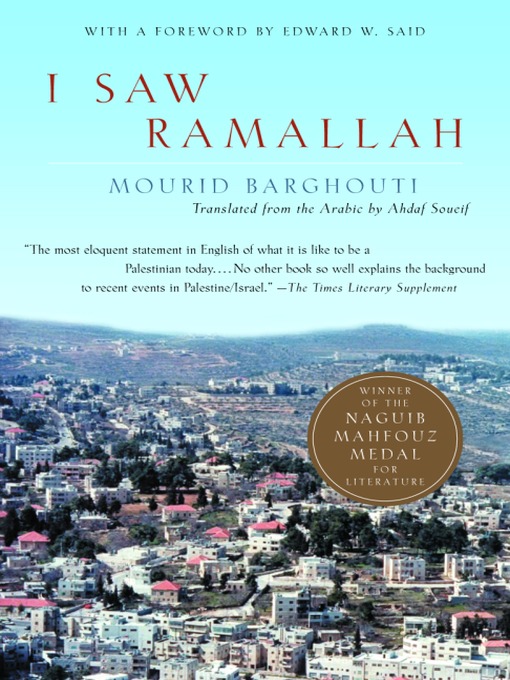- Just added
- Available now
- Time Travel!
- Season's Readings
- Season's Readings Romance
- Season's Reading's Mysteries
- Make the Yuletide Gay
- Cozy Fantasy & Sci-Fi (Adult + YA)
- Black Stories Black Voices
- Too hot to hold
- Up Lit (uplifting reads)
- Pride
- New eBook additions
- See all ebooks collections
- Available now
- New audiobook additions
- Audiobook Biographies
- Audiobooks for the whole family!
- Audiobooks with great narrators!
- New kids additions
- New teen additions
- Listen & Learn
- See all audiobooks collections

